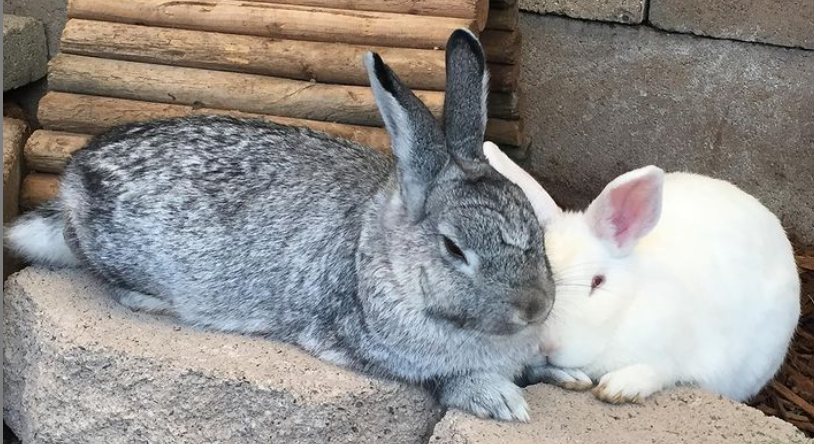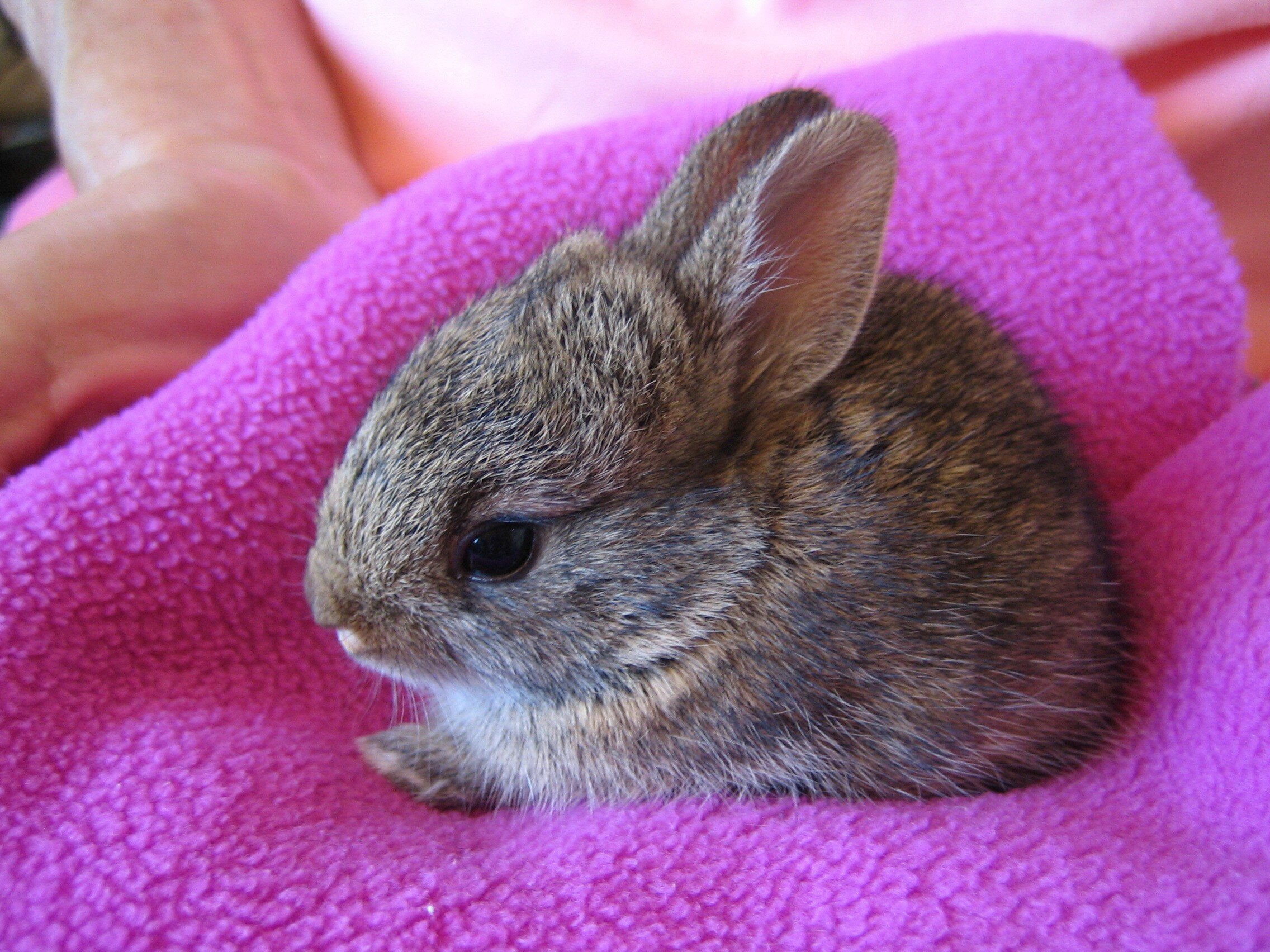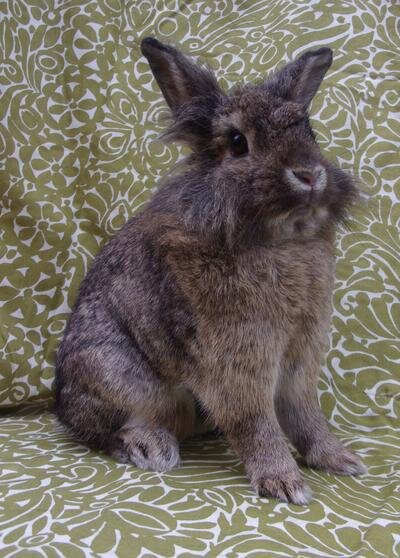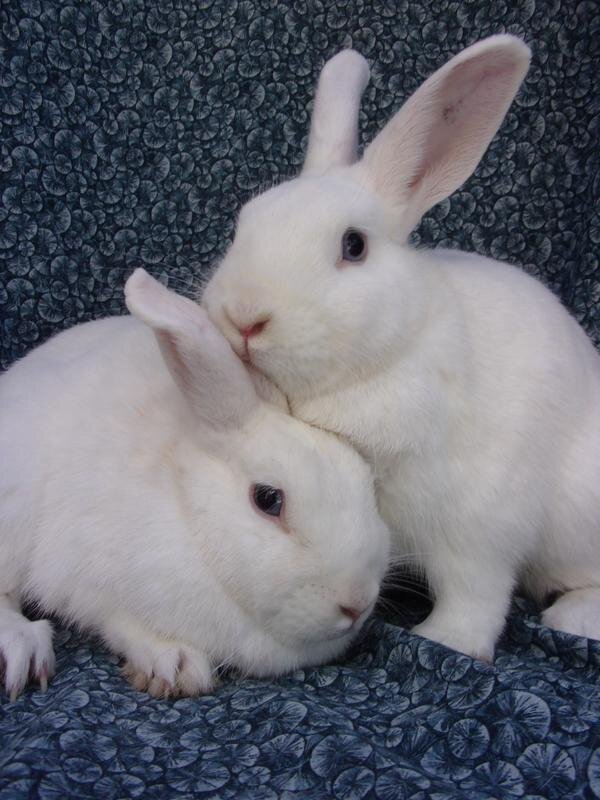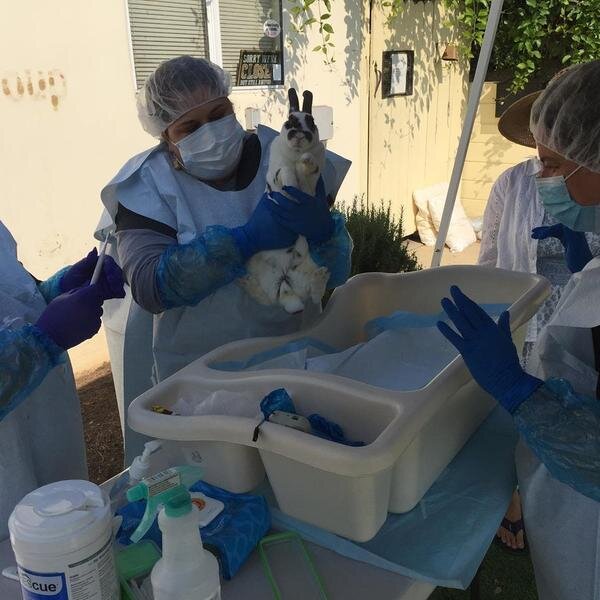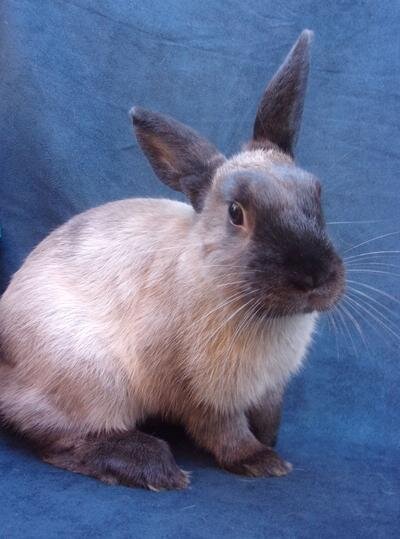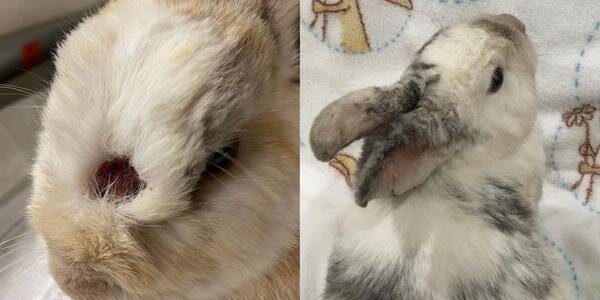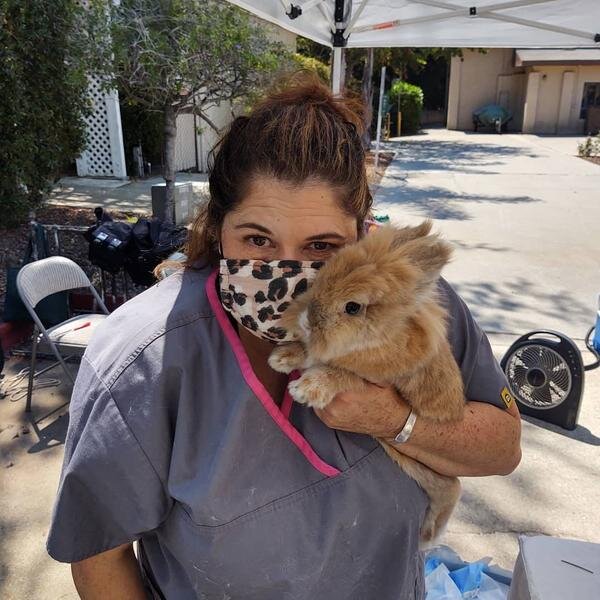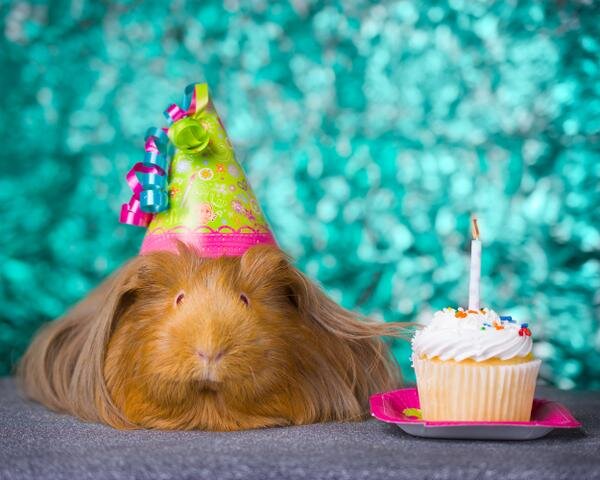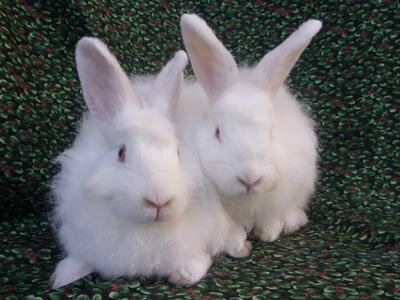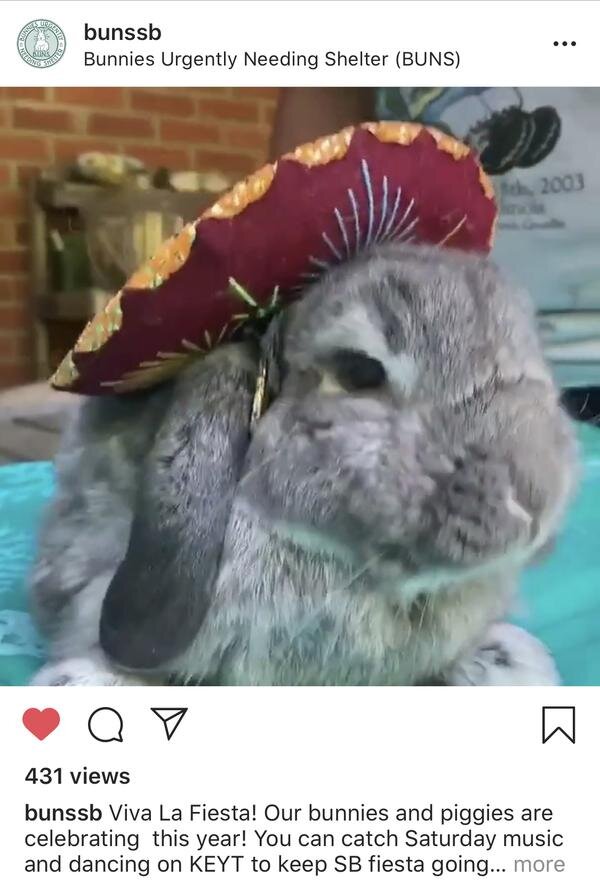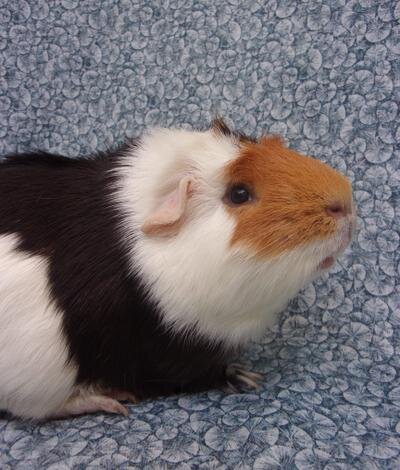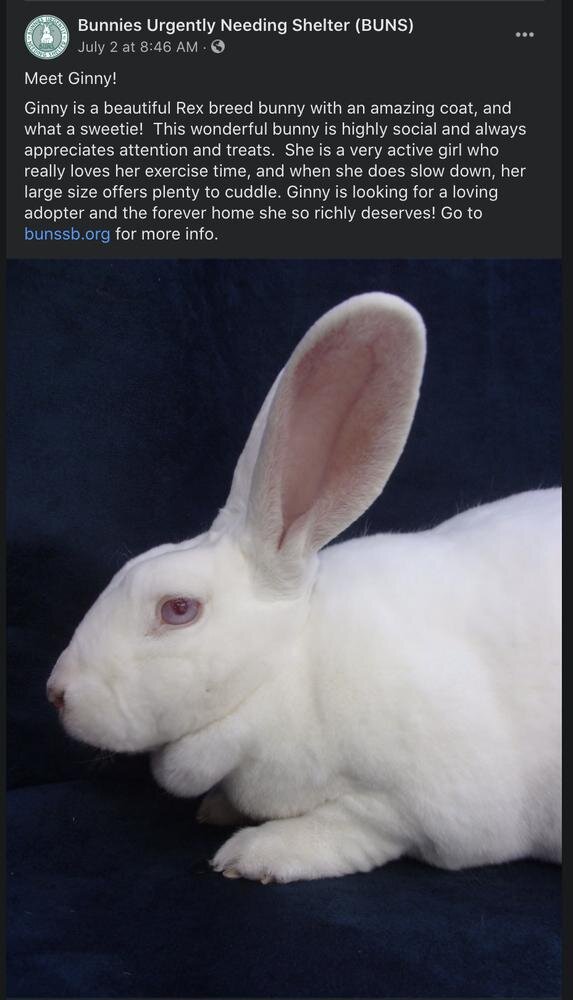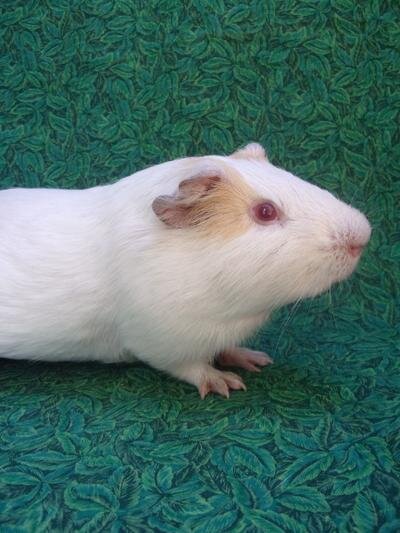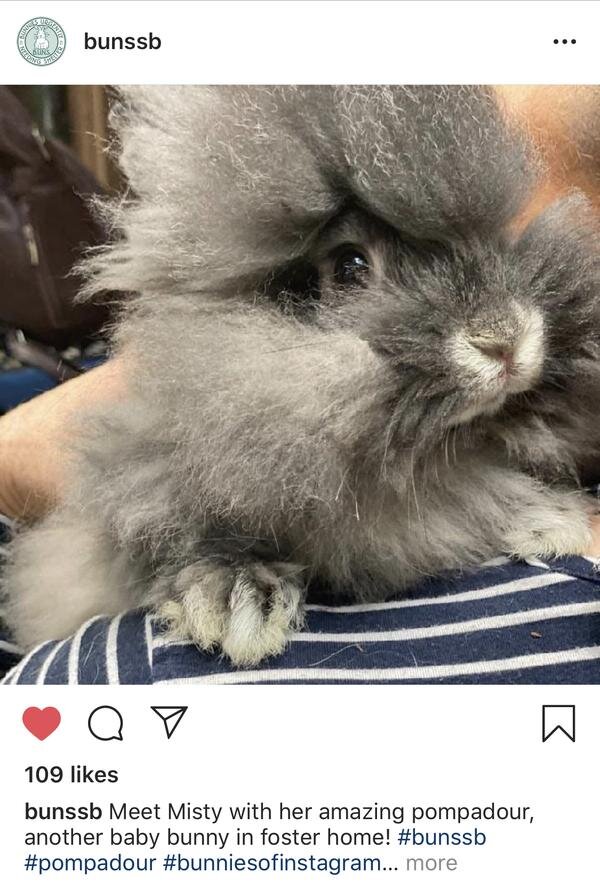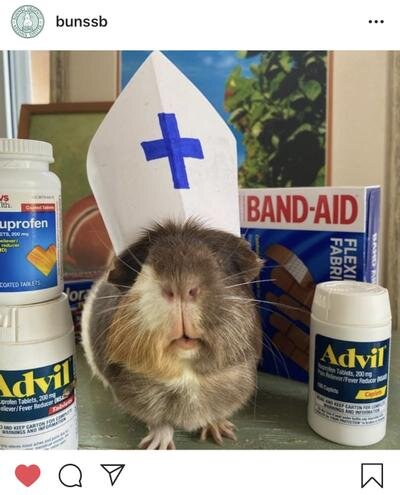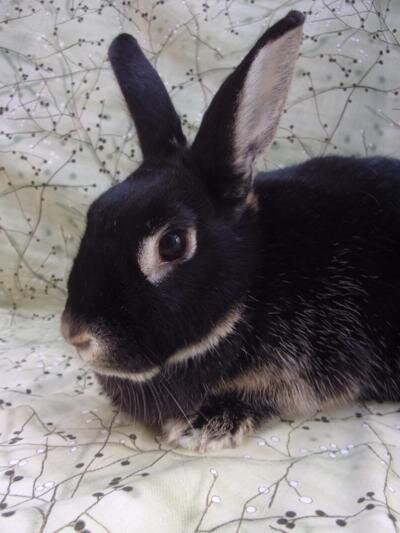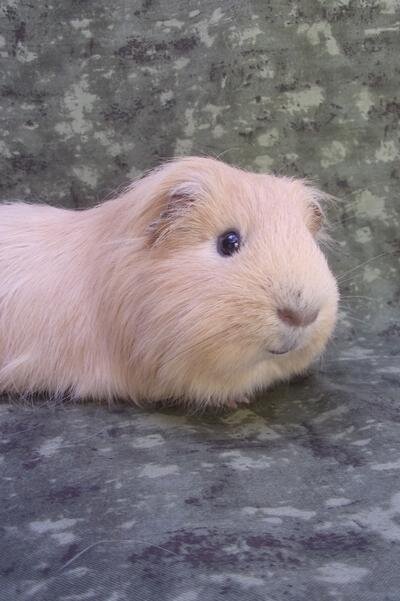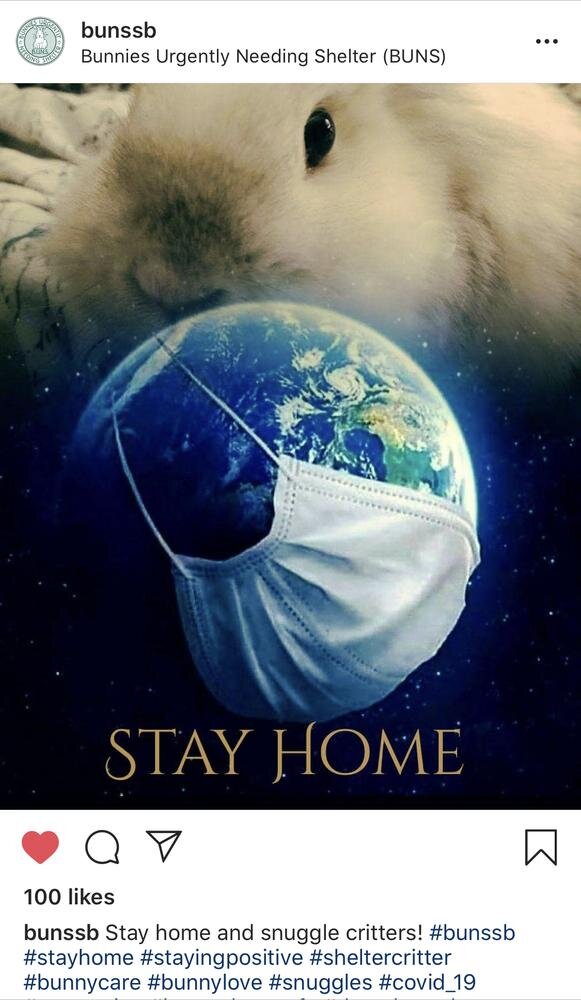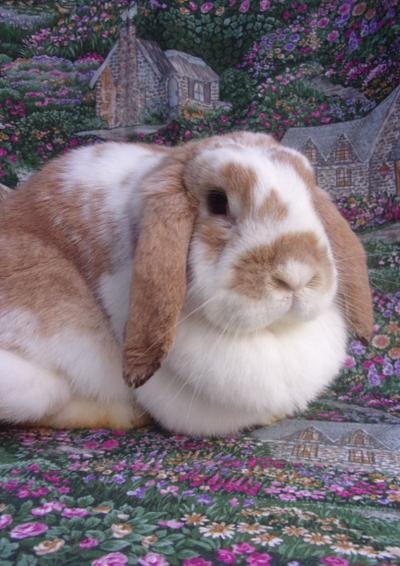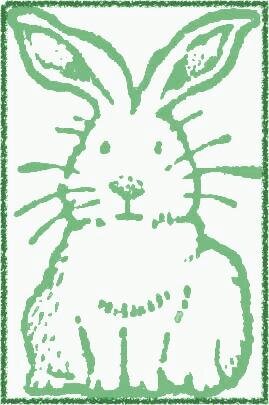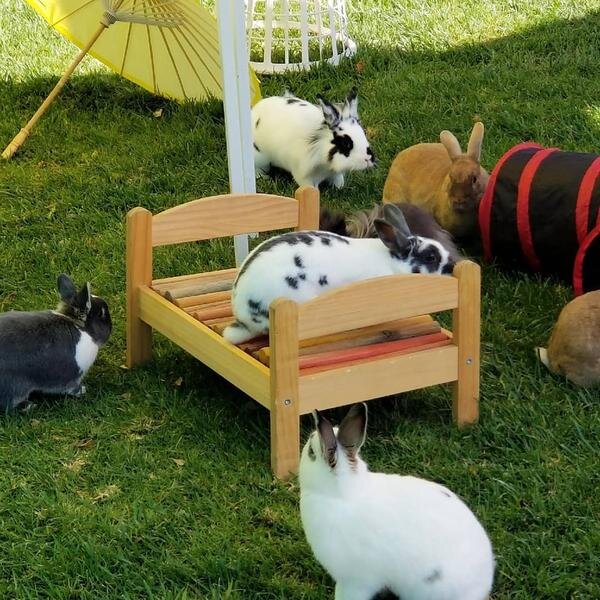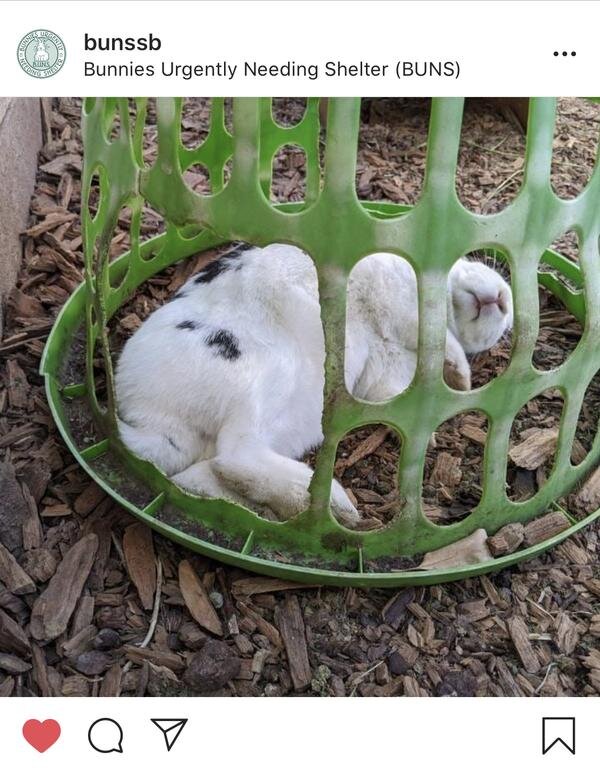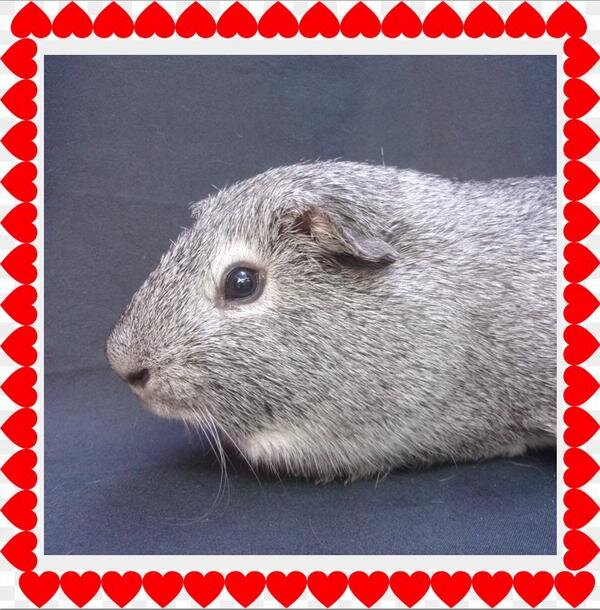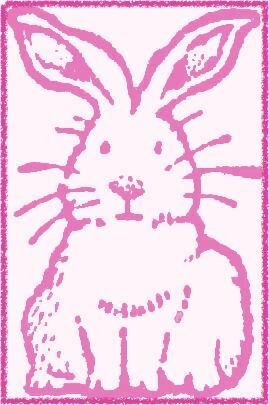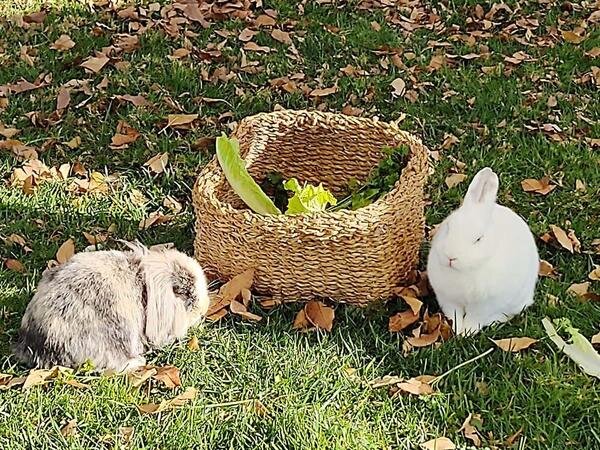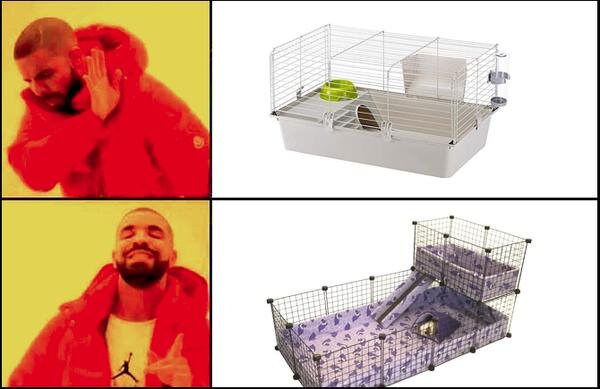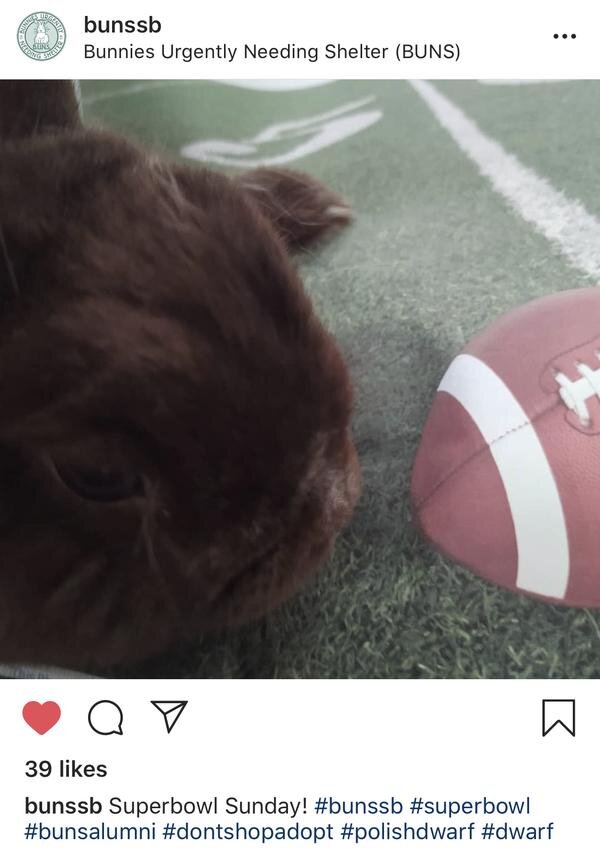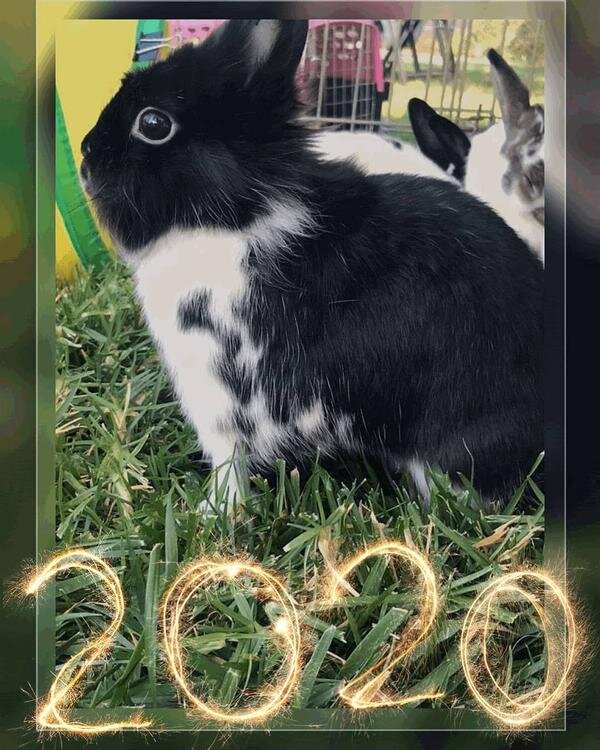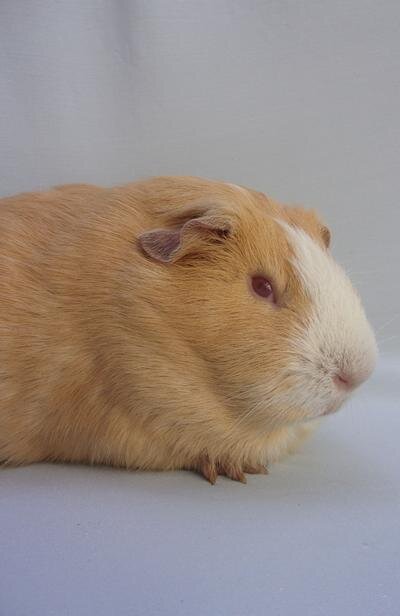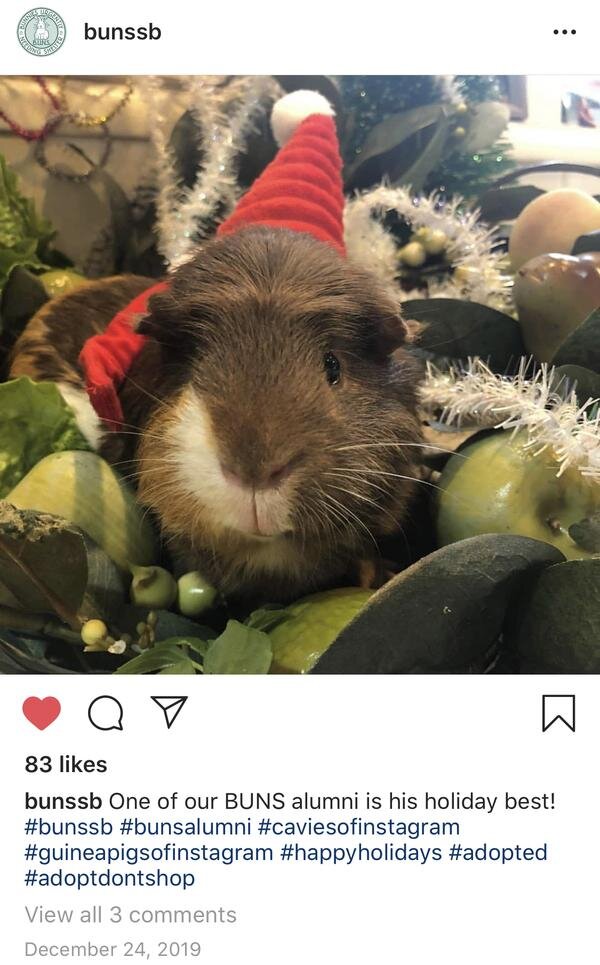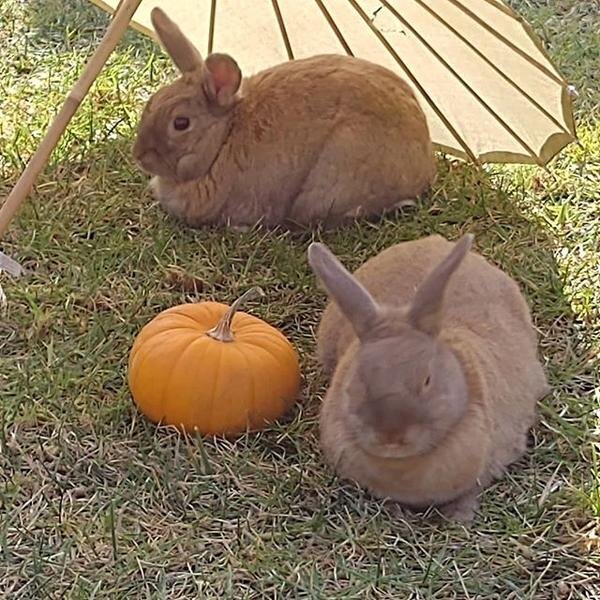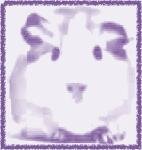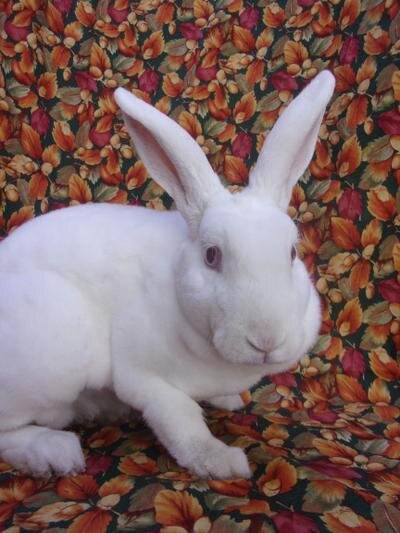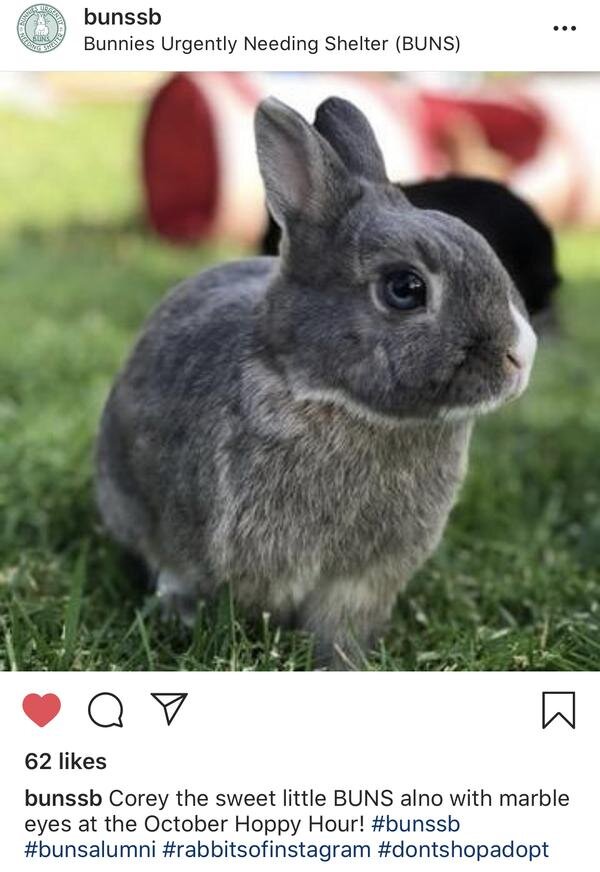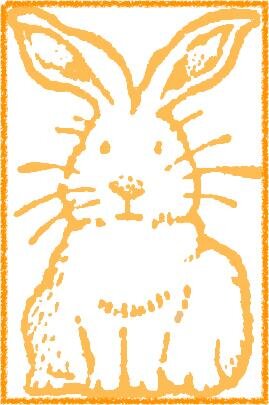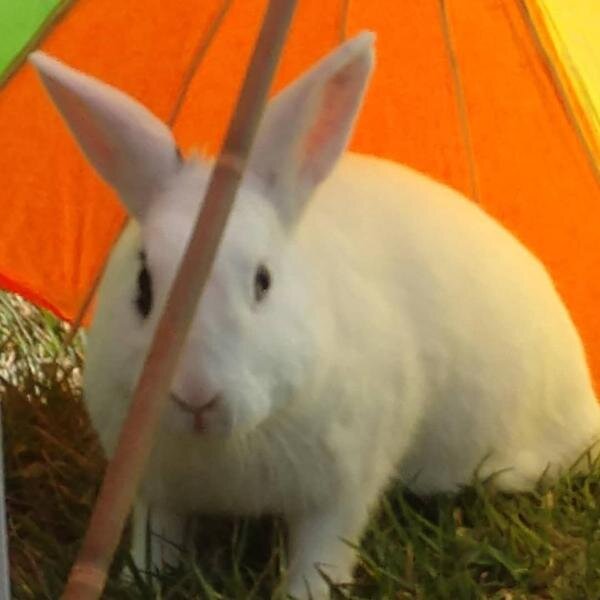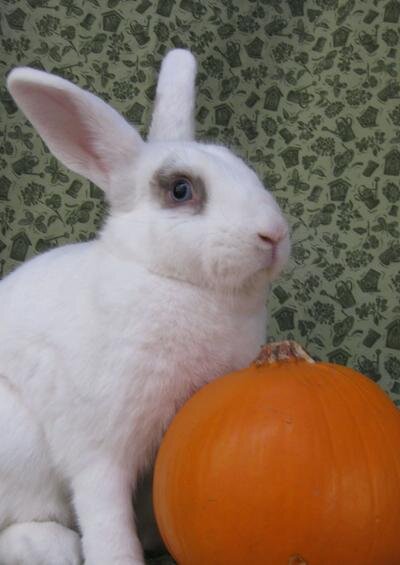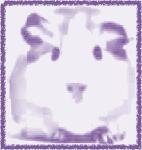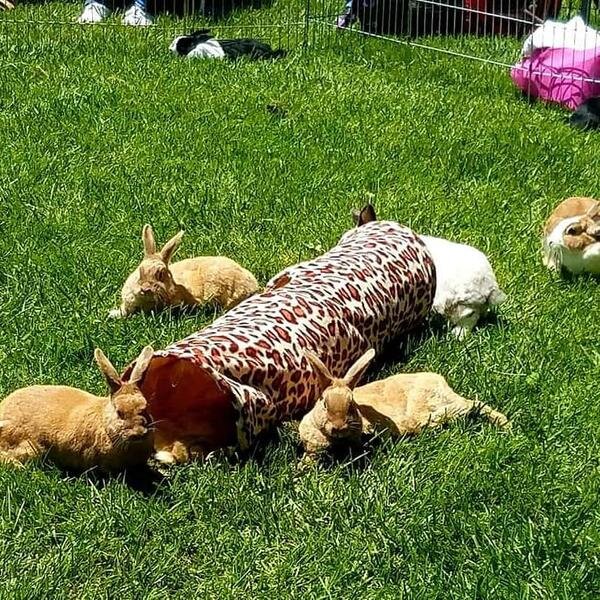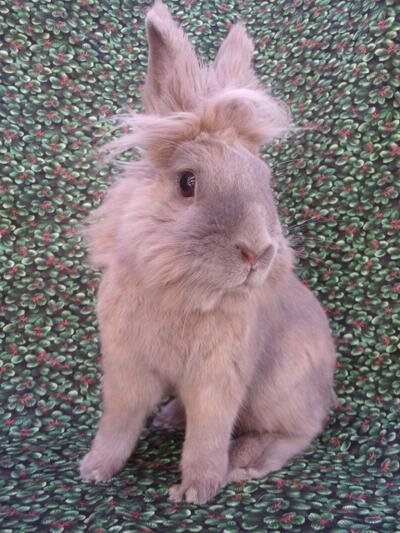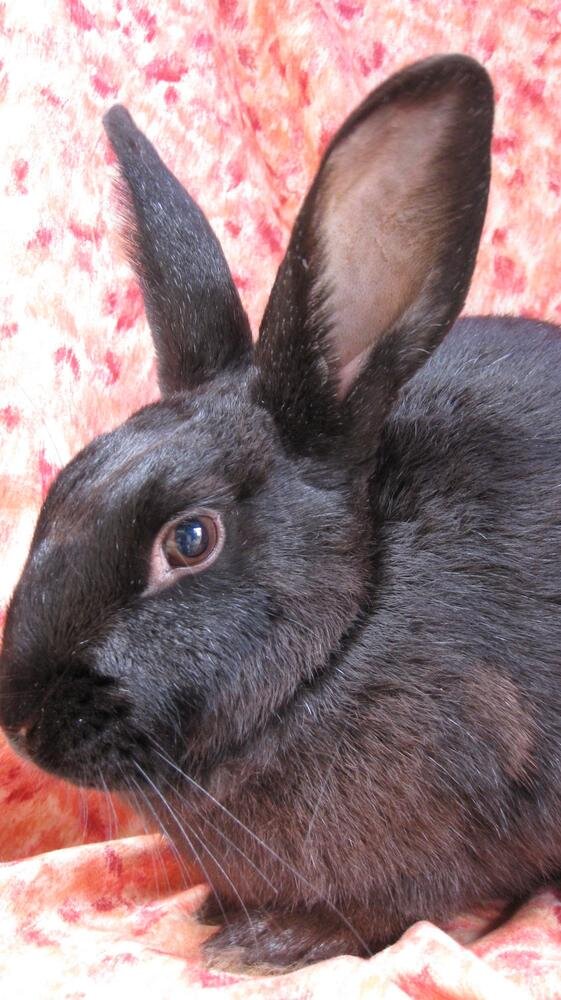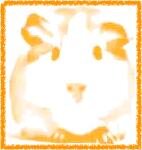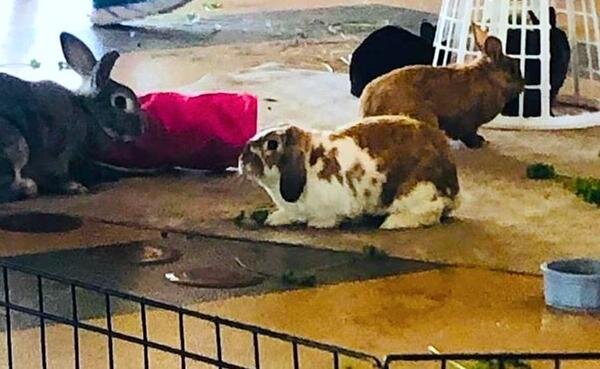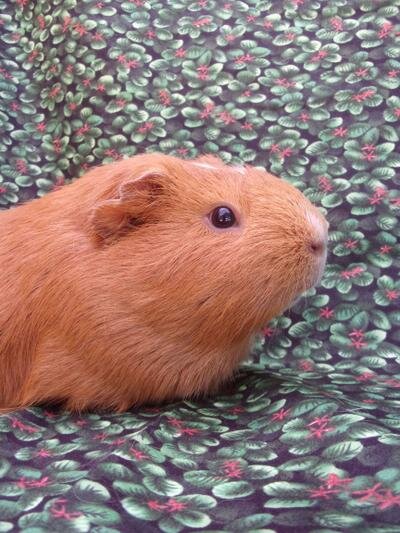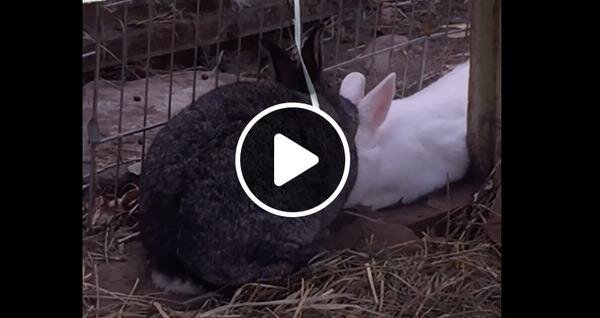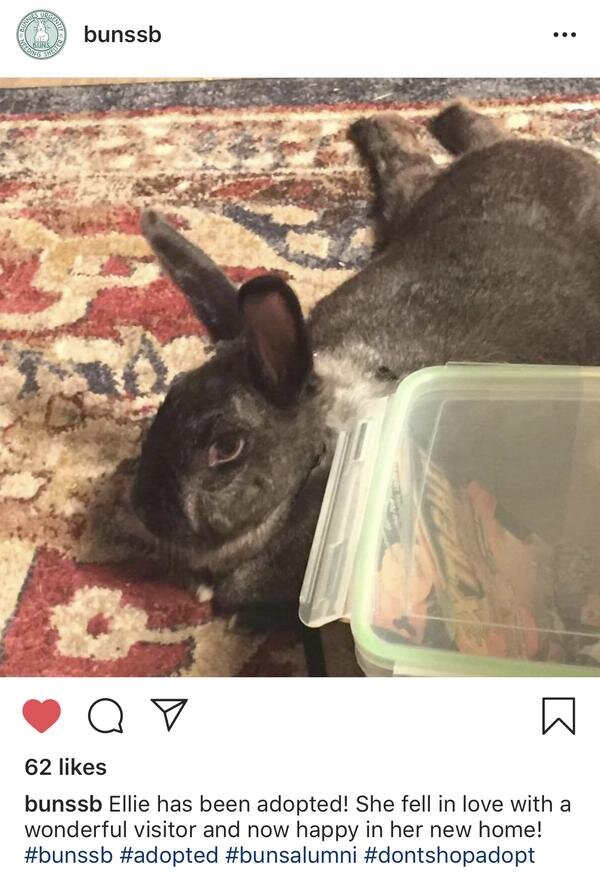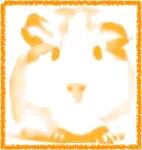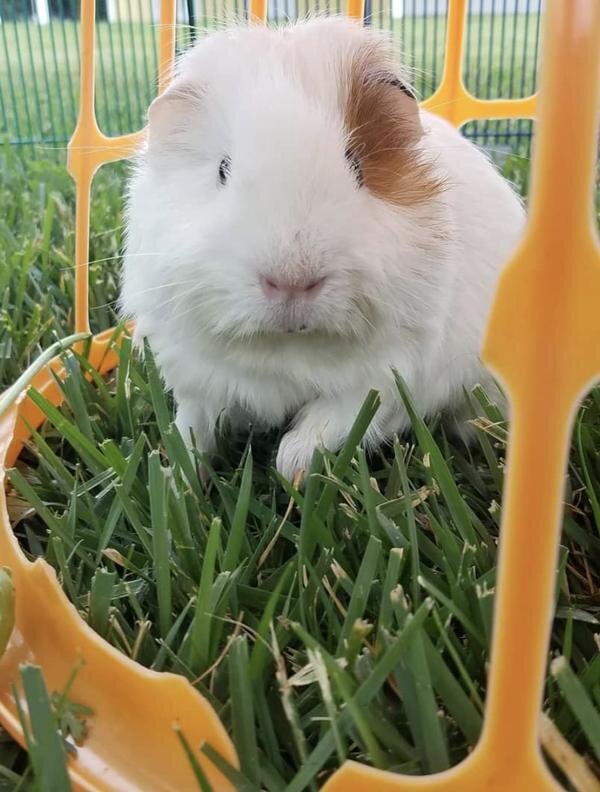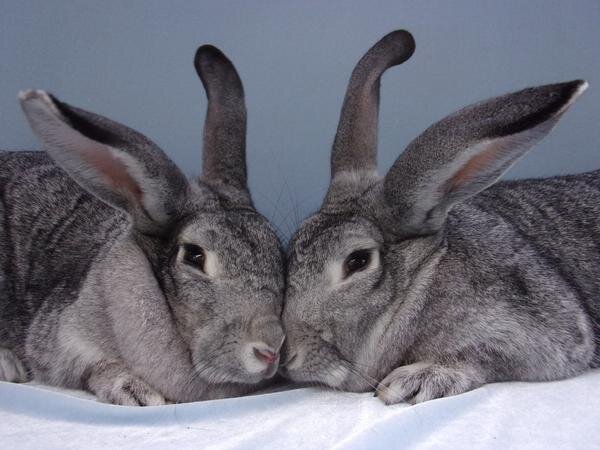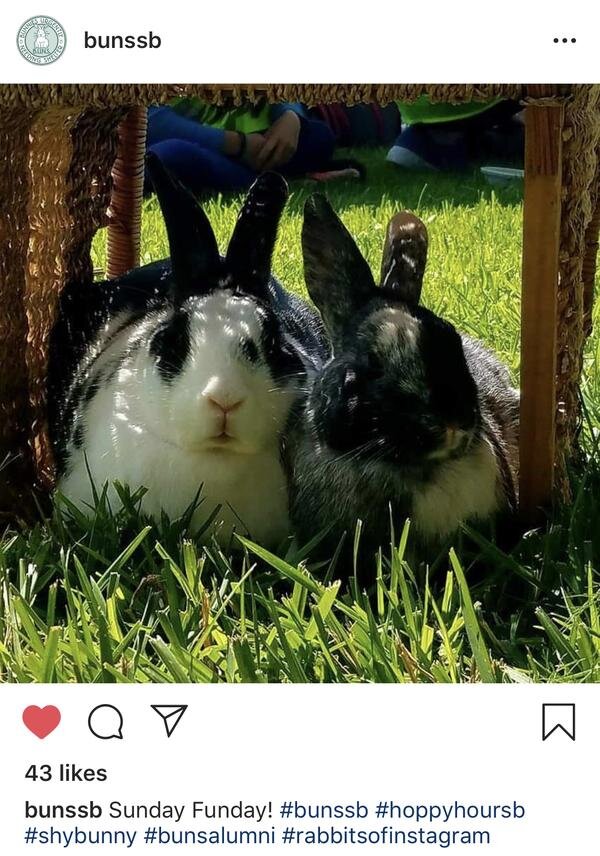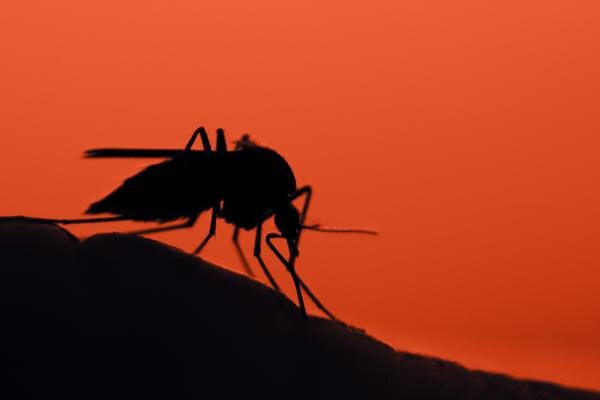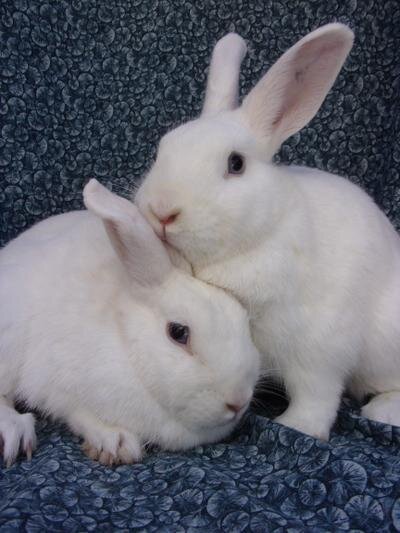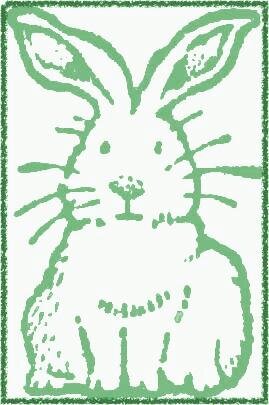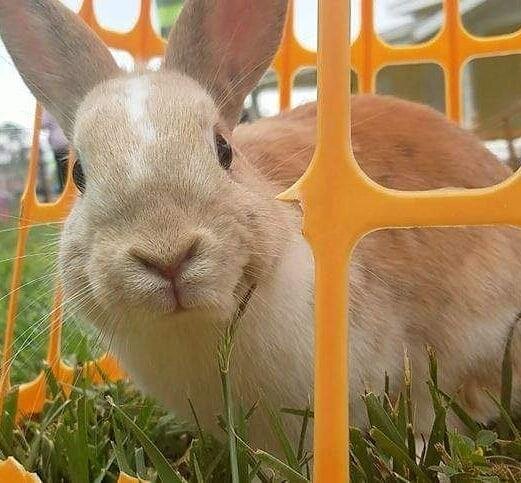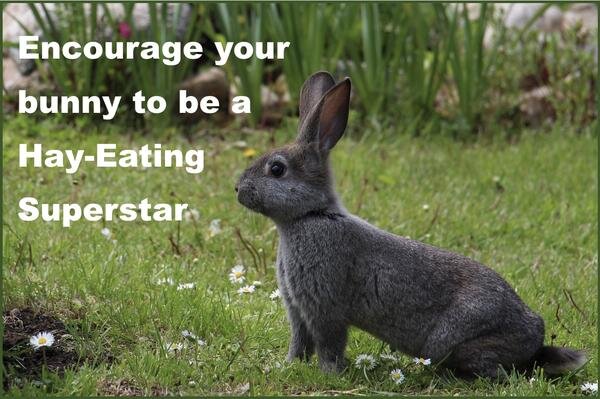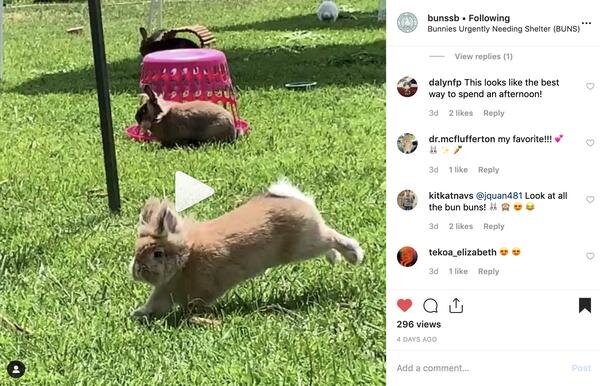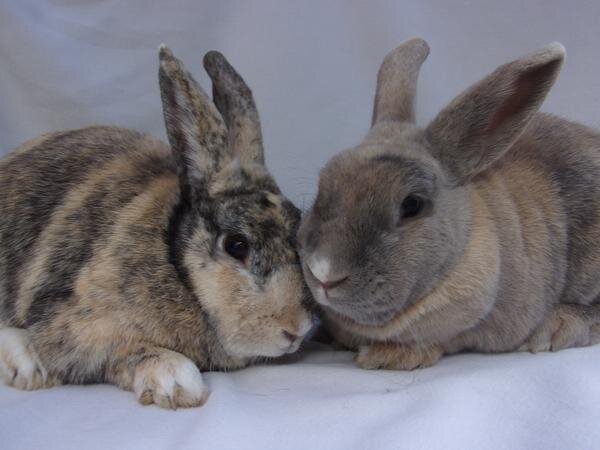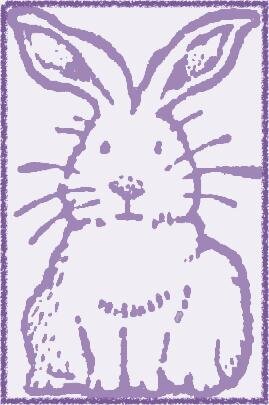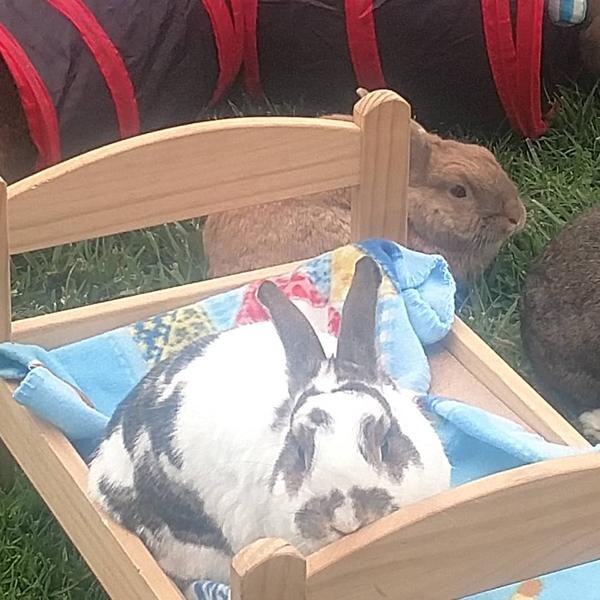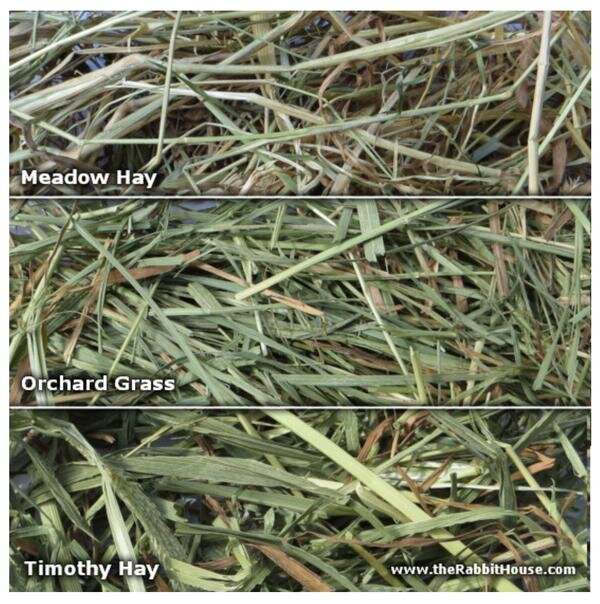Subscribe to our newsletter.
The Carrot Tribune has changed to quarterly.
Is Now the Time for a New Friend? - The Carrot Tribune - January 2021
In this issue...
Is Now the Time for a New Friend?
Bunny and Guinea Pig of the Month
Help! I Found a Wild Bunny!
In this issue…
Is Now the Time for a New Friend?
Bunny and Guinea Pig of the Month
Help I Found a Wild Bunny!
Happy 2021
Please note, we're still closed to public due to Covid-19. We're looking forward to reopening the shelter, restarting Hoppy Hour, and holding Basic Bunny and Guinea Pig classes again. Until it's safe to do so, we are here for the rabbits and guinea pigs and for bunny and piggie parents.
Is Now the Time for a New Friend?
Have you been considering finding a friend for your rabbit? BUNS is ready to help.
We provide free, low-contact services that allow your rabbit to meet (aka "date") rabbits at the shelter. Call us today to discuss the possibilities.
Contact us at (805) 683-0521 or info@bunssb.org.
The House Rabbit Society has a great article about the benefits of bonded rabbits. Read it at: https://rabbit.org/better-with-two/
Bunny of the Month
Mrs. Mellow is mellow at times, but this shy little fluff ball can be lively, too! When she is on the move, she is a joy to watch, with her adorable semi lop ears working overtime, as they go every which way! She is a beautiful bunny with a soft coat and a nice mix of Lop and Lionhead, helping to give her such a striking appearance.
Mrs. Mellow is hoping to start the new year off right with a loving forever home!
Meet our Guinea Pig of the Month!
Help! I found a wild bunny!
Wild in the Streets
Wild bunnies may look like they need our help but often do not. Before you rush to the rescue, consider that you may be “kidnapping” with the best of intentions.
Young bunnies begin to leave the nest at 2-3 weeks when they are 4”-5” long. They start nibbling natural foods as they explore. By 3-4 weeks of age, when they are 5”-7” long, they are weaned. By 5 weeks of age they are independent. Instinctually, rabbits freeze in place once they detect a predator (you). Unless you can see an injury or see that the bunny doesn’t move as it should, it is probably fine.
If your cat or dog brings you a bunny, it probably needs rescue. Bunnies will fight to avoid capture using claws, leaps and darting changes of direction. The struggle may cause tiny skin punctures, crushing injuries or nerve damage. The bunny may be exhausted and terrified. (Photo, Baby Wild Bunny)
If you find a nest with babies leave them alone. Their nest is shallow, fur and grass lined depression in the earth or sometimes pots and planters. Grass and leaves may cover the nest. Wild bunnies do not burrow like domestic bunnies.
In order not to draw predators, wild mothers don’t spend time at the nest. The mother visits the nest twice a day, often at dawn and dusk. She nurses quickly, grooms the babies and leaves. The babies do not need their mother to keep themselves warm.
Re-cover the nest with grass and leaves. Leave a tic-tac-toe pattern of light twigs or string on top. The mother will still feed the babies if she smells our scent. The next day you can tell if the pattern was disturbed by the mother. If the pattern is undisturbed for 12-24 hours, the babies need rescue.
Remember “Warm, Dark and Quiet” if a bunny or wild critter needs rescue. Line a box with soft, warm materials, add the bunny and a secure lid. Place in the quietest part of the house. No peeking by friends or family. Don’t give food or water. The bunny might inhale the water which adds stress.
Please contact a licensed rehabilitation organization right away. The bunny will be cared for and nurtured until it can be returned to the wild.
Santa Barbara Wildlife Care Network
1460 N. Fairview Avenue
Goleta, CA 93117
(map)
Wildlife Care Network Rescue Hotline: (805) 681-1080
Happy New Year!
YAY! 2021 is here!
The bunnies are safe with the RHD vaccine available through BUNS!
Double your BUN – The Carrot Tribune – October 2020
- Bunny of the Month
- Double your BUN
- October 18 Vaccine Clinic
- Photos from Last Weekend's RHDv2 Vaccine Clinic
Please note, we're still closed to public due to Covid-19. We're looking forward to reopening the shelter, restarting Hoppy Hour, and holding Basic Bunny and Guinea Pig classes again. Until it's safe to do so, we are here for the rabbits and guinea pigs and for bunny and piggie parents.
|
The Carrot Tribune – September 2020
- Bunny of the Month
- The Superpower of BUNS: Love in Action!
- Vaccine Clinic #2
|
RHD Vaccine Clinic Update – The Carrot Tribune – August 2020
- RHDV2 Update
- How old is my Guinea Pig?
- Bunnies of the Month
- Viva La Fiesta!
|
Vaccine Clinic for Rabbit Hemorrhagic Disease Virus – The Carrot Tribune – July 2020
- Vaccine Clinic for Rabbit Hemorrhagic Disease Virus (RHDV2)
- Guinea Pig of the Month
Please note, we're still closed to public due to Covid-19. We're looking forward to reopening the shelter, restarting Hoppy Hour, and holding Basic Bunny and Guinea Pig classes again. Until it's safe to do so, we are here for the rabbits and guinea pigs and for bunny and piggie parents.
|
Rabbit Hemorrhagic Disease found in California – The Carrot Tribune - May 2020
- Rabbit Hemorrhagic Disease Virus (RHDV2)
- Guinea Pig of the Month
- #BunniesOfInstagram
Please note, we're still closed to public due to Covid-19. We're looking forward to reopening the shelter, restarting Hoppy Hour, and holding Basic Bunny and Guinea Pig classes again. Until it's safe to do so, we are here for the rabbits and guinea pigs and for bunny and piggie parents.
|
Hop to it! We want to hear your stories from home! - The Carrot Tribune - May 2020
|
BUNS is Closed to the Public - The Carrot Tribune - April 2020
|
The Carrot Tribune - March 2020
- Bunny of the Month
- Hoppy Hour & Pignic
- Basic Bunny and Guinea Class
- An Excellent Place for a Nap
|
New-sew Fleece for your Guinea Pigs – The Carrot Tribune – January 2020
- Guinea Pig of the Month
- Basic Bunny and Guinea Pig Class
- February Hoppy Hour
- Learn to Spot Stasis
- No-Sew Fleece for Guinea Pig Feet
- Bunnies Enjoying the Super Bowl
|
Hoppy New Year from BUNS! – The Carrot Tribune – Janury 2020
- Basic Bunny and Guinea Pig Class
- Hoppy Hour and Pignic at a new time!
- Guinea Pig of the Month
- Holiday fun on Instagram
|
National Day of Giving - The Carrot Tribune - December 2019
The Carrot Tribune
Support April on this National Day of Giving
April was found in Santa Barbara’s Alice Keck Park on Easter morning 2019. She was emaciated, coated in urine, infested by mites, had recently given birth with milk still leaking, and was terrified of humans.
April was nursed back to health with skill, patience and love from her BUNS foster parents who showered her with love and gained her trust.
Now that April is back at BUNS, healthy and happy, please DONATE to BUNS to help April and dozens like her find their forever homes.
Hoppy Hour and Pignic
This month's Hoppy Hour and Pignic is Sunday December 22 from 1:30 PM to 3:30 PM. So bring your fuzzy friend and give them an opportunity to socialize with other rabbits and guinea pigs! Socialization is a very important part of overall rabbit and guinea pig welfare, and a Hoppy Hour is the perfect opportunity to let your fuzzy one play with others.
We'll be at the Humane Society Lawn, at 5399 Overpass Rd, Santa Barbara, CA 93111. Admission is $10 per rabbit or guinea pig. All animals must be healthy and rabbits must have been spayed or neutered at least 30 days in advance.
Please join us for an afternoon of fun!
Our registration/waiver form is available online! Print it out before you come to save time at Hoppy Hour and Pignic registration! (If you've filled one out before, note that we've consolidated the Rabbit and Guinea Pig forms) You can download fill out out a form before coming:
Basic Bunny and Guinea Pig Class
Our next class is Sunday December 8. Join us on our Facebook event page to learn more!
1:00 to 2:00
- Handling and Husbandry
2:00 to 2:30
- Training
Bring your Rabbit or Guinea Pig. Learn easy handling and care-taking during the first hour, then for the last half hour play training games that are fun for you and your pet!
$5.00 for an individual
$10.00 for a family
Free to BUNS volunteers
All classes are in the Humane Society Education Building, at 5399 Overpass Rd, Goleta, (to the east of the Animal Shelter)
Guinea Pig of the Month
Padrillio ("Pod" to his friends!)
is a sweet piggy boy with a cute and sometimes bewildered expression (probably wondering why he is still at the shelter, when he knows he has so much to offer some lucky human!) He is a very observant piggy, and is always keen to receive treats and praise. Pod has one wish this holiday season - a wonderful forever home!
Our Amazon Wishlist
Want to give a present to the bunnies and guinea pigs? You can!
The critters nominated Reese to update their wish list, but he just wrote down "nanners." So, we helped out a bit and updated the wish list with a few more useful items.
Remember that while you are shopping on Amazon, you can designate Bunnies Urgently Needing Shelter as your charity. Then when you shop on Smile.Amazon.com, a portion of your purchase price will be donated to BUNS.
They're all on our BUNS Santa Barbara wish list on Amazon: https://smile.amazon.com/hz/wishlist/ls/15YGZ5VSH22TP/ref=cm_go_nav_hz
The Carrot Tribune - November 2019
- Bunny of the Month
- November Hoppy Hour
- Basic Bunny and Guinea Pig Class
- Cutness from our Instagram!
|
Negotiating Territory with Your House Bunny - The Carrot Tribune - October 2019
- Basic Bunny Class
- October Hoppy Hour
- Bunny Pig of the Month
- Negotiating Territory with Your House Bunny
|
Former BUNS Bunny Lost to Myxomatosis - The Carrot Tribune - September 2019
- Basic Bunny Class
- Sepember Hoppy Hour
- Bunny Pig of the Month
- Keeping Your Small Pet Cool This Summer
- Alicia Lost to Myxomatosis
|
Dennis and Denim, A Shelter Love Story? – The Carrot Tribune - August 2019
- Basic Bunny Class
- August Hoppy Hour (Indoors for the summer!)
- Guinea Pig of the Month
- Dennis and Denim, A Shelter Love Story?
- Hashtag Buns Alumni
|
The Carrot Tribune - July 2019
- July 14: Rabbit and Guinea Pig Care Class
- July 28: Hoppy Hour and Pignic
- Rabbit and Guinea Pig of the Month for July
- Hashtag BUNSSB
|
Are You Doing Everything You Could be to Keep Your Rabbit Safe This Summer? -- The Carrot Tribune Extra Edition June 2019
|
Beware Myxomatosis! – The Carrot Tribune - June 2019
- Bob and Paula are our Bunnies of the Month!
- Basic Bunny Class
- June Hoppy Hour
- A Healthy Rabbit is a Hay-Eating Superstar
- A Hoppy Way to Spend an Afteroon
|
Grow your own hay! The Carrot Tribune - May 2019
- Bunnies of the Month
- May 12 Basic Bunny and Guinea Pig Care Class
- May 26 Hoppy Hour and Pignic
- Growing your own Hay
|


